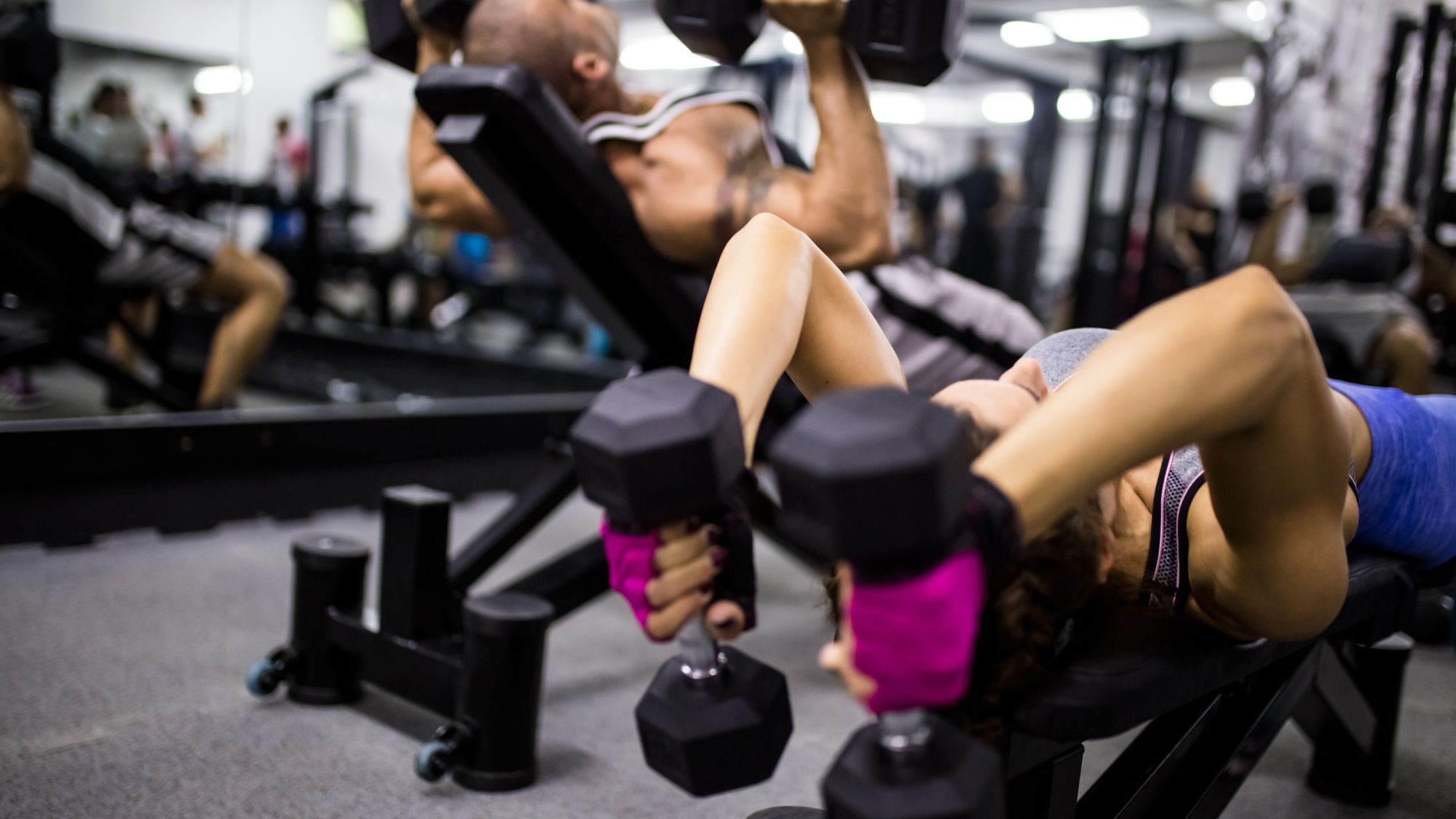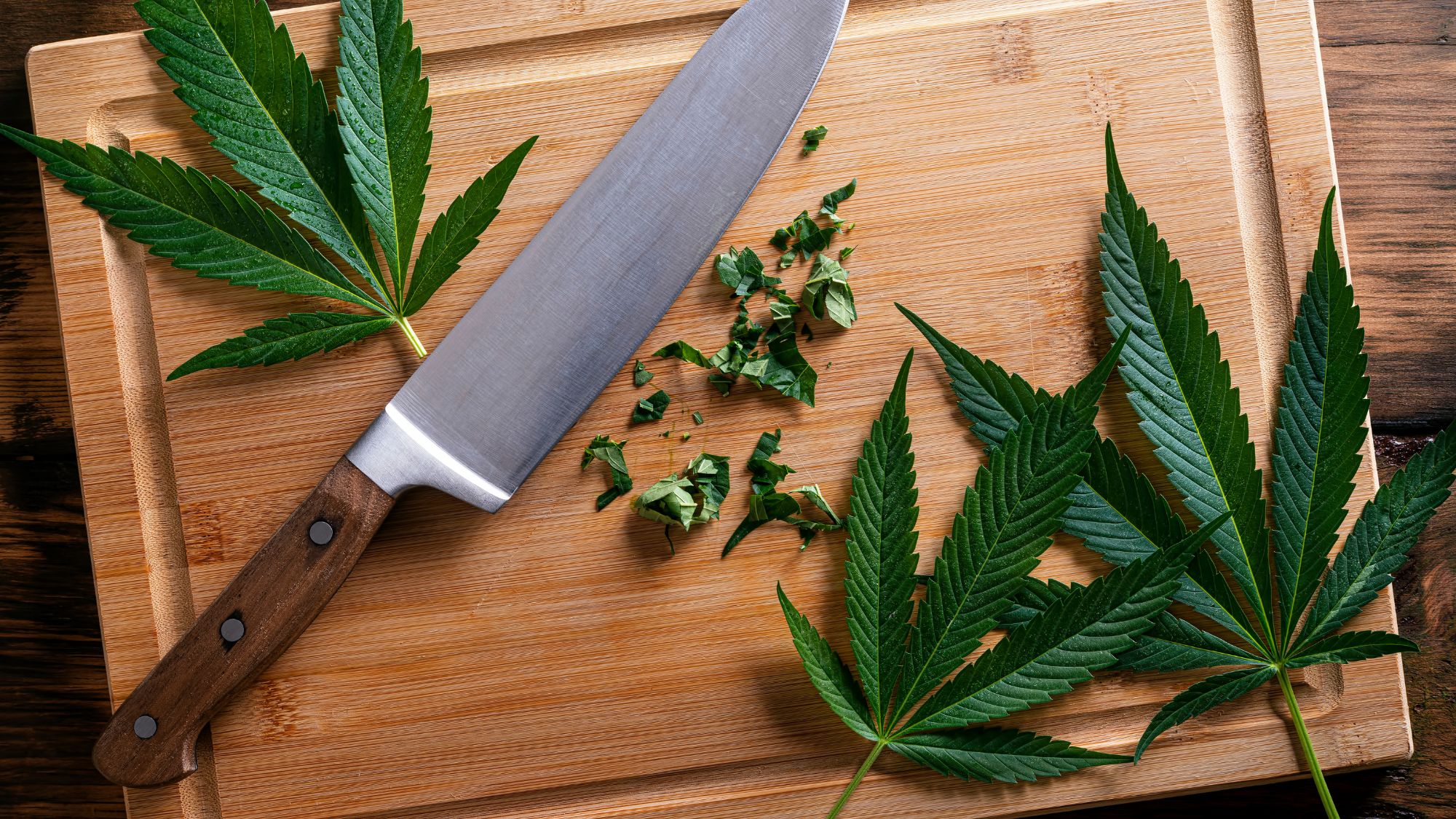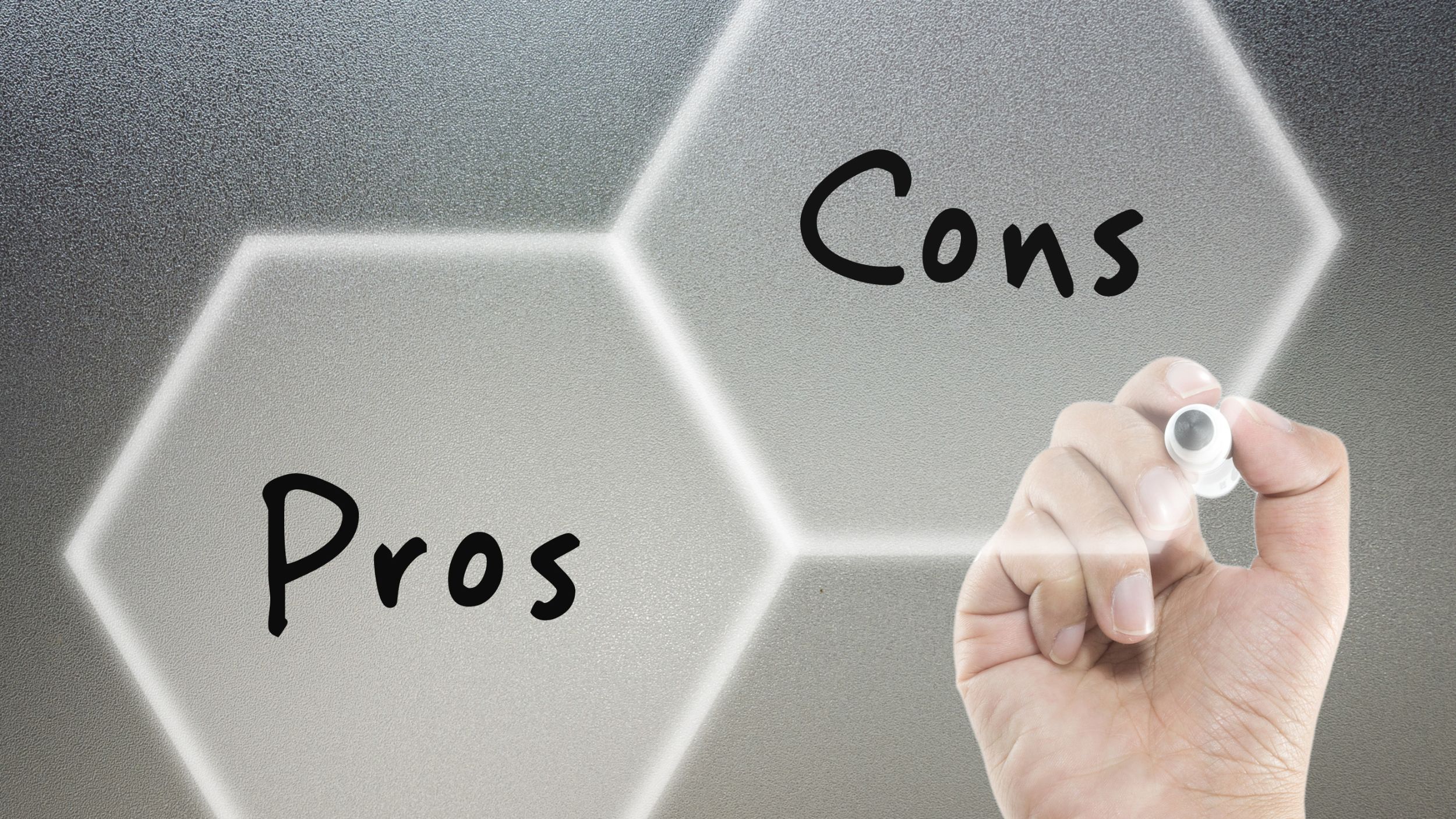Fitness enthusiasts are always looking for new ways to enhance their workouts and improve their recovery times. While traditional methods like stretching and ice baths have been popular for decades, THC is a more recent addition to the list of recovery techniques.
What is THC?
THC, or tetrahydrocannabinol, is a chemical compound found in the cannabis plant. It is the psychoactive ingredient responsible for the “high” feeling associated with marijuana use. THC interacts with the body’s endocannabinoid system, which regulates various functions such as pain, mood, and appetite.
How Can THC Help with Fitness?
Pain Relief
One of the most significant benefits of THC for fitness enthusiasts is its ability to relieve pain. THC has been shown to reduce inflammation and decrease pain sensitivity, making it a popular choice for those suffering from chronic pain conditions.
Muscle Relaxation
THC has also been shown to have muscle relaxant properties, which can be beneficial for athletes recovering from intense workouts. By reducing muscle tension, THC can help promote relaxation and reduce soreness.
Increased Focus
Some users report an increased ability to focus while using THC, which can be helpful for those looking to improve their mental game during workouts or competitions. However, it is essential to note that the effects of THC on focus can vary from person to person.
Methods of THC Consumption
Smoking
Smoking is one of the most popular methods of consuming THC. It is fast-acting, and the effects can be felt almost immediately. However, smoking can be harmful to the lungs and throat, so it is not the best option for those with respiratory issues.
Edibles
Edibles are a more discreet method of consuming THC, as they do not produce the tell-tale smoke or odor associated with smoking. However, edibles can take longer to take effect, and the high can last longer than smoking. It is important to be cautious when dosing edibles, as the effects can be more potent than expected.
Topicals
Topicals, such as creams and balms, are applied directly to the skin and can provide localized pain relief. However, topicals do not produce the psychoactive effects associated with other methods of THC consumption.
Precautions and Risks
While THC can be beneficial for some, it is important to be aware of the potential risks and precautions. THC can have side effects such as dizziness, anxiety, and paranoia, and it can also impair coordination and cognitive function. Additionally, THC can be addictive for some users, and it can be dangerous to operate heavy machinery or drive while under the influence.
Conclusion
While THC is not a substitute for traditional recovery methods, it can be a useful tool for fitness enthusiasts looking to enhance their workouts and recovery times. By reducing pain and inflammation, promoting relaxation, and increasing focus, THC can help athletes reach their fitness goals. However, it is essential to be aware of the potential risks and to use THC responsibly.




